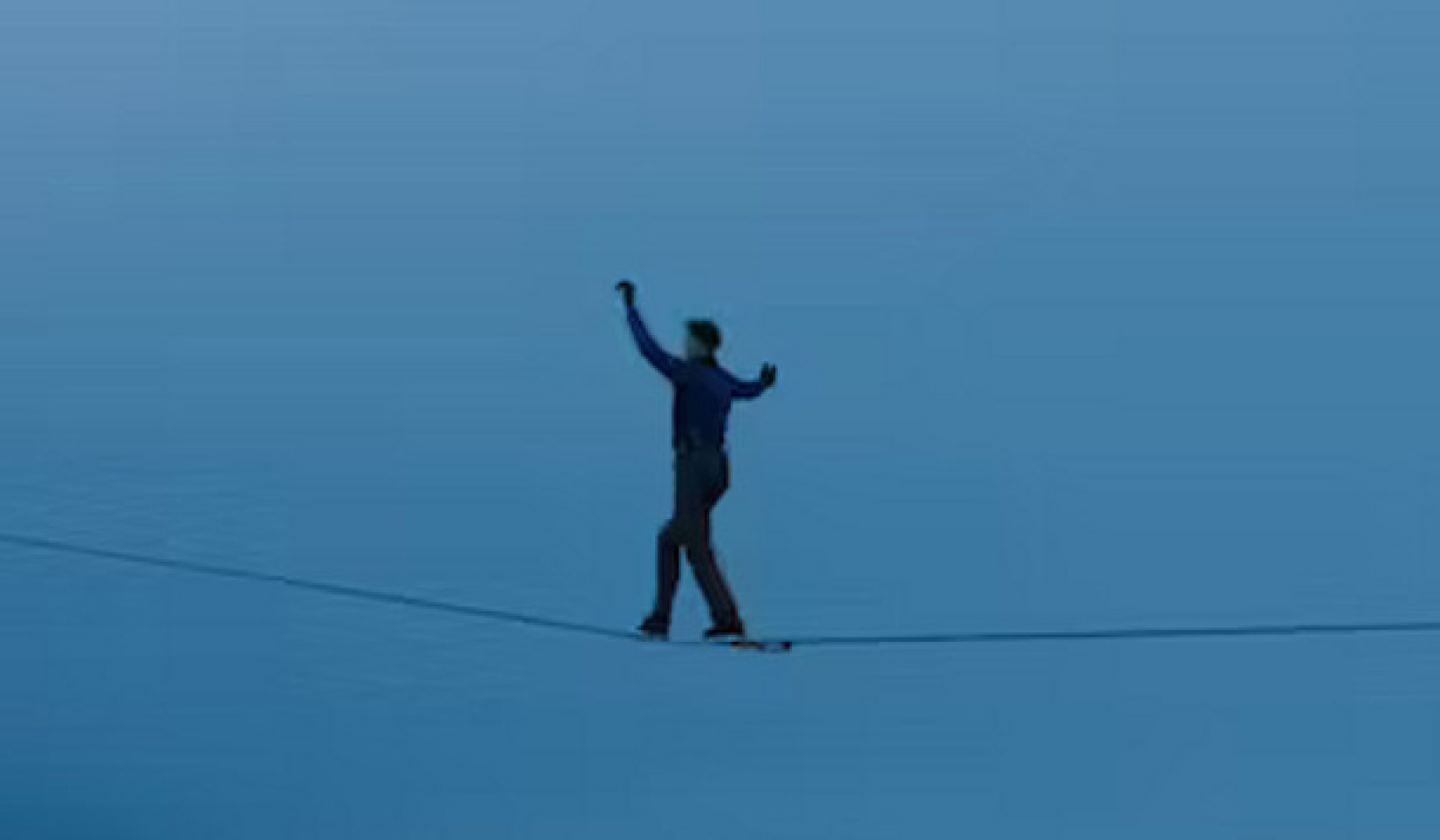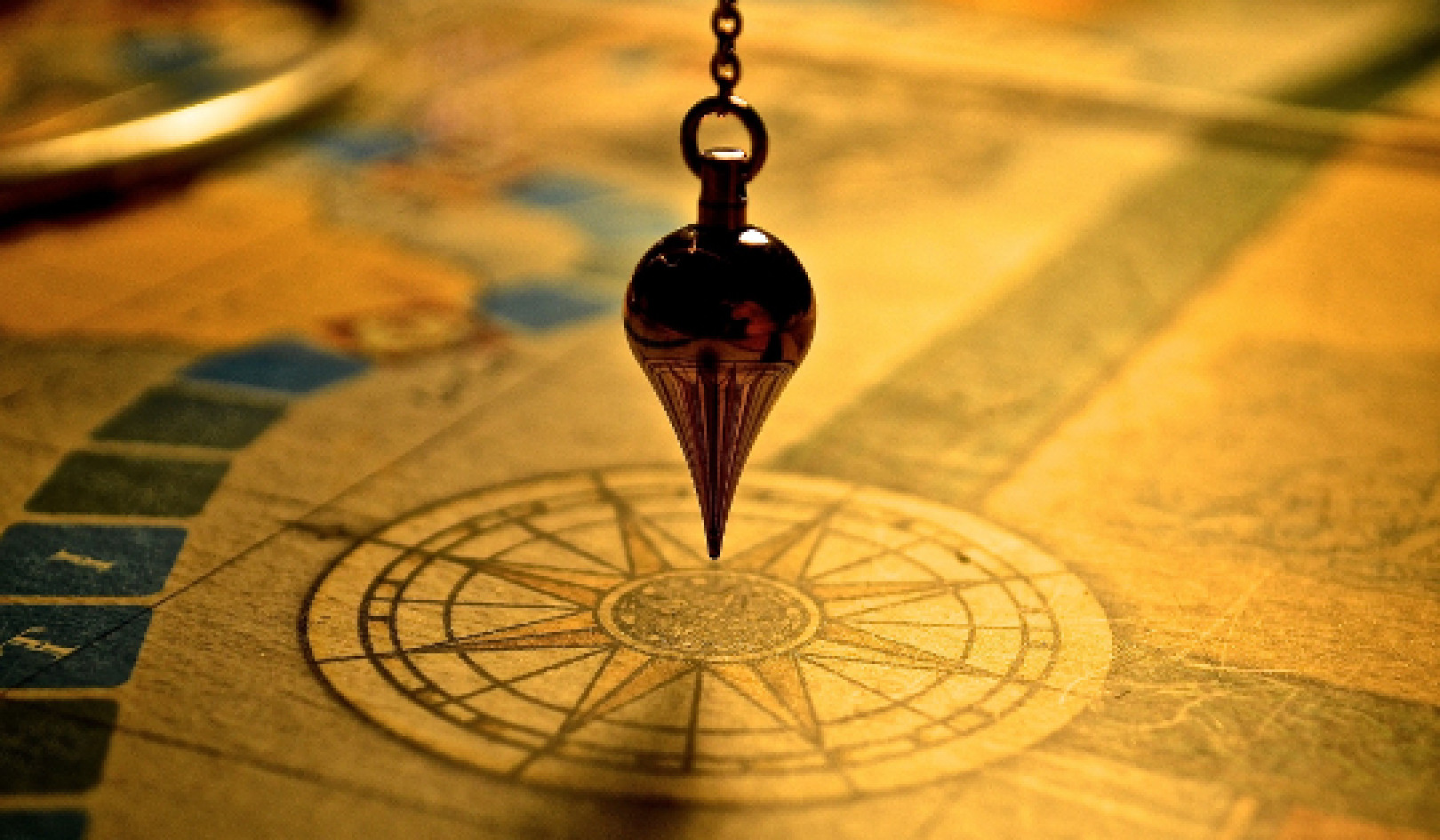
It’s easy to like some people and it’s not very easy to like others. They don’t smile back! So it has to go deeper. If we continue to judge people on the basis of appearances and behavior, the endeavor is hopeless. Instead we have to return to a very simple truth: every sentient being desires happiness and desires to be free of suffering. That’s the bottom line. To make that deep, heartfelt affirmation of the buddha-nature of each sentient being is life-transforming.
Can we recognize that every sentient being wishes for happiness? All of us, including the most despicable of people, do the things we do because we’re seeking happiness and want to be free of suffering. We do the things that we do, sometimes harmful, sometimes very good, but invariably because we want to find happiness. In this quest we may act obsessively, with great confusion and delusion: can we develop equanimity towards ourselves? Can we affirm that fundamentally, through thick and thin, through highs and lows, each of us is seeking happiness?
You Are Just Like Me. How Can I Help?
We need to reach that level of understanding for every being, cut right through the surface and recognize a kindred soul at the core: “You are just like me. You want to have happiness and be free of suffering. How can I help?”
The very first audience I had with His Holiness the Dalai Lama pertained very closely to this topic. I wanted to ask something important, so his time would not be wasted, and I thought about something that was bothering me. I was a very young student, about twenty-two, and I’d been living in Dharamsala for all of a few months.
Hard as I was studying, of course I hardly knew anything at all. But to people who had been there for only a couple of weeks, I was an old-timer. There were very few Westerners around, and most Tibetans didn’t speak English. So, new people would sometimes come to me with questions. I began to have the sense that I was special, but I could see it, like a bizarre little weed sprouting in my garden. I knew I would be tending this garden for many years to come, and I worried about this weed. It was clearly not something I wanted to cultivate.
Growing in Wisdom & Compassion
That was the question I posed to His Holiness. I told him I didn’t want to develop arrogance. If this sense of superiority was growing even as I was just getting started, what would it be like in ten or twenty years? Growing in wisdom and compassion is something extraordinary. In a sense you are becoming outstanding, exceptional, and unusual. But if you start thinking, “I’m outstanding, exceptional and unusual,” you’ve just shot yourself in the foot. It was a dilemma. I could fail and not grow in wisdom and compassion, or I could succeed, and fail in a different way.
His Holiness gave two responses. He said first: “Imagine that you are really hungry, and somebody prepares for you a nice, healthy, well-rounded meal. When you’ve eaten it all up, do you feel arrogant? Do you feel superior and conceited?” I said no. “You’ve come a long distance from the United States,” he continued, “You have come here because you are seeking Dharma. You’ve come here spiritually hungry, looking for spiritual nourishment, and you’re getting a full meal. But as you eat it, there is no reason to feel special or superior. Just feel happy!”
Greater Opportunities Require Different Responses
 His second response pertains particularly to the issue of evenmindedness, equanimity, and impartiality. He said: “I am Tenzin Gyatso, and I am a monk. As a monk I have had special opportunities and excellent teachers. I’ve learned a lot of Dharma, and had many opportunities to practice, many conducive situations. And with that, I have an unusual responsibility.
His second response pertains particularly to the issue of evenmindedness, equanimity, and impartiality. He said: “I am Tenzin Gyatso, and I am a monk. As a monk I have had special opportunities and excellent teachers. I’ve learned a lot of Dharma, and had many opportunities to practice, many conducive situations. And with that, I have an unusual responsibility.
"Now, here’s a fly,” and he pointed to a fly in the room. “Imagine another fly was eating a little drop of honey, and this fly came along and pushed him away, showing aggression, competitiveness, and total self-centeredness. What do you expect? (How many altruistic flies have you seen?) A fly has very limited opportunities. It’s had no opportunities for learning any other kind of behavior, so you accept it. But if I should act like that fly, this is very inappropriate. Because I have had greater opportunities for understanding, for wisdom, for practice, for distinguishing wholesome from unwholesome, then I am obliged to act very differently from that fly!”
Everyone Yearns for Happiness & to be Free of Suffering
In this same context, a couple of years ago, His Holiness was asked by a reporter whether he has any peers. His answer was: “Yes. Everybody!”
This is equanimity. As we attend to people who show great resentment, hostility, or selfishness, we can pause and recognize that they have a buddha-nature like we do. They yearn for happiness, wishing to be free of suffering, like we do. Different causes and conditions have come together to make them act as they do—a different environment, a different personal history. But all this is in flux. Had I lived under those same conditions, lifetime to lifetime, that would be me. The result is a gentle evenness that sets into the mind.
In the Tibetan tradition, the actual technique for developing equanimity is not esoteric and highly technical, as Buddhaghosa explains. In the Tibetan Buddhist training, this evenness is the first step in the cultivation of the Spirit of Awakening, just as a farmer first levels the field so that all the water doesn’t gather on one side and leave the other side dry. The first priority is an even field, an utterly fundamental and indispensable component of the practice. One technique they suggest is simply taking into account: “What are the causes and conditions that gave rise to this?” We return to that simple thing: “Each one yearns for happiness and to be free of suffering, just like myself.”
Reprinted with permission of the publisher,
Snow Lion Publications. ©2010 (3rd edition).
http://www.snowlionpub.com.
Article Source
 The Four Immeasurables: Practices to Open the Heart
The Four Immeasurables: Practices to Open the Heart
by B. Alan Wallace.
Click here for more info or to order this book on Amazon.
About the Author
Trained for ten years in Buddhist monasteries in India and Switzerland, Alan Wallace has taught Buddhist theory and practice in Europe and America since 1976. After graduating summa cum laude from Amherst College, where he studied physics and the philosophy of science, he earned a doctorate in religious studies at Stanford University. He has edited, translated, authored, or contributed to more than thirty books on Tibetan Buddhism, medicine, language, and culture, as well as the interface between religion and science. He teaches in the Department of Religious Studies at the University of California, Santa Barbara, where he is launching one program in Tibetan Buddhist studies and another in science and religion. Alan is the president of the Santa Barbara Institute for the Interdisciplinary Study of Consciousness (http://sbinstitute.com). For information about Alan Wallace, visit his website at www.alanwallace.org.




























